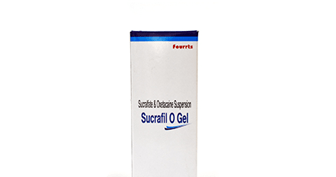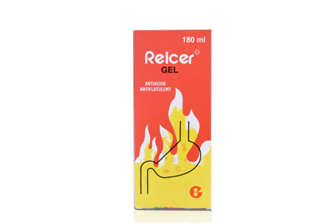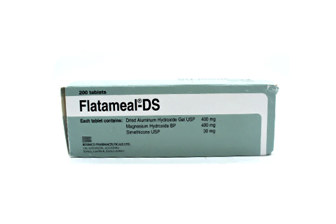Adjunct to diet in type 2 diabetes, alone or with a sulfonylurea.
Glysit plus 10/50 mg 28s
4,250KSh
Share On
Product Description
Glysit plus 10/50 mg 28s is a prescription medicine used to treat the symptoms of Type 2 Diabetes Mellitus. Glyset may be used alone or with other medications.
Glyset belongs to a class of drugs called Antidiabetics, Alpha-Glucosidase Inhibitors.
It is not known if Glyset is safe and effective in children.
What are the possible side effects of Glyset?
Glyset may cause serious side effects including:
- hives,
- difficulty breathing,
- swelling of your face, lips, tongue, or throat,
- severe diarrhea,
- constipation,
- bloody or tarry stools,
- rectal bleeding, and
- diarrhea that contains blood or mucus
Get medical help right away, if you have any of the symptoms listed above.
The most common side effects of Glyset include:
- stomach discomfort,
- diarrhea,
- gas, and
- mild rash
MORE INFO on the drug
Diabetes:
Indications for:
Glysit plus 10/50 mg 28s
Adult Dosage:
Take with the first bite of each main meal. Initially 25mg three times daily; may start at 25mg once daily (to minimize GI effects) and gradually increase to 25mg three times daily. Increase to 50mg three times daily after 4–8 weeks; usual max 100mg three times daily.
Children Dosage:
Not established.
GLYSET Contraindications:
Ketoacidosis. Inflammatory bowel disease. Colonic ulceration. Partial intestinal obstruction or predisposition thereof. Chronic intestinal diseases associated with marked disorders of digestion or absorption. Conditions that may deteriorate from increased intestinal gas formation.
GLYSET Warnings/Precautions:
Significant renal dysfunction (serum creatinine >2mg/dL): not recommended. Use glucose, not sucrose, to treat hypoglycemia. Stress. Monitor 1-hour postprandial blood glucose initially and during titration then glycosylated hemoglobin. Pregnancy (Cat.B): consider using insulin instead. Nursing mothers: not recommended.
GLYSET Classification:
Alpha-glucosidase inhibitor.
GLYSET Interactions:
Antagonized by intestinal adsorbents (eg, charcoal), pancreatin, amylase, other carbohydrate-splitting enzymes. May decrease levels of ranitidine, propranolol. Risk of hypoglycemia with concomitant sulfonylureas or insulin; consider reducing dose of these.
Tell the doctor if you have any side effect that bothers you or that does not go away.
These are not all the possible side effects of Glyset. For more information, ask your doctor or pharmacist.




